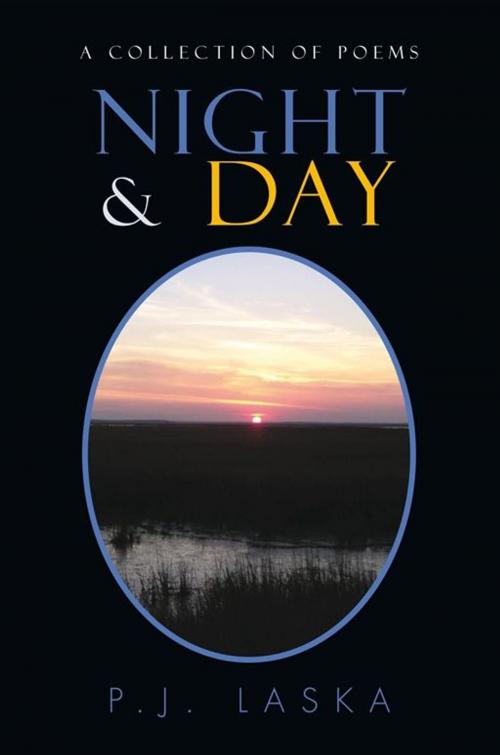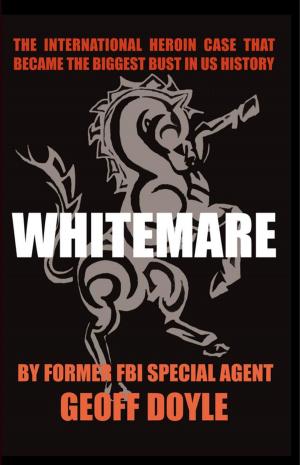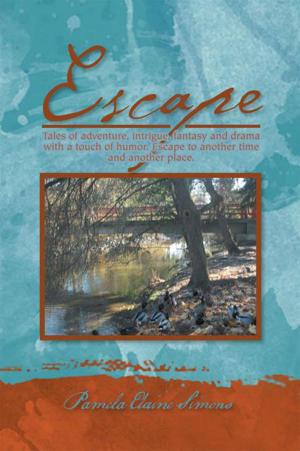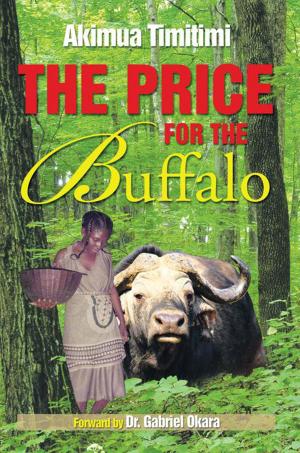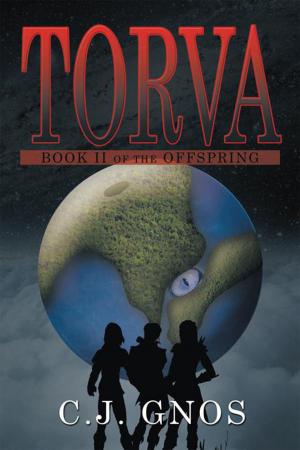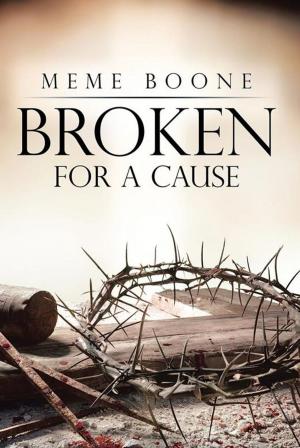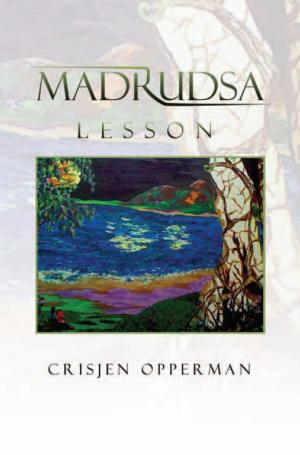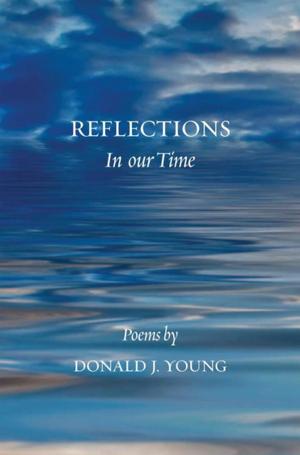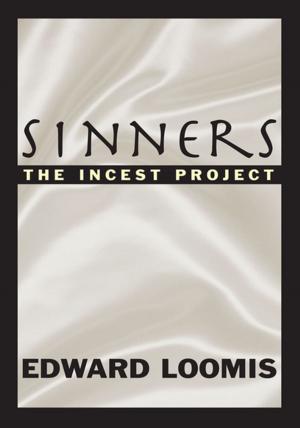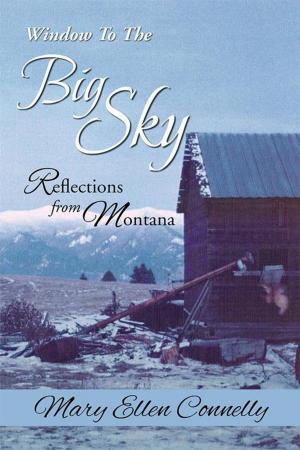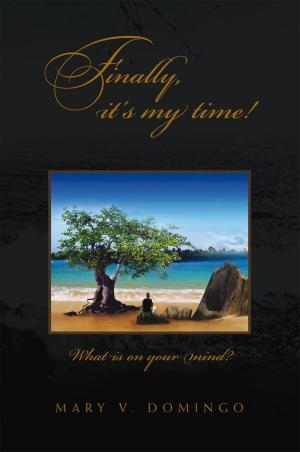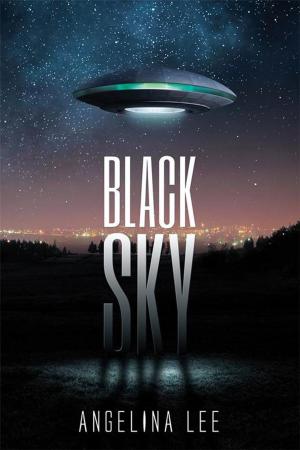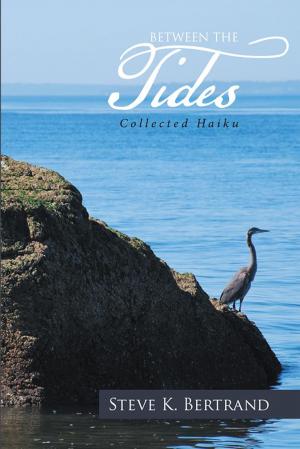| Author: | P.J. Laska | ISBN: | 9781450097086 |
| Publisher: | Xlibris US | Publication: | May 22, 2010 |
| Imprint: | Xlibris US | Language: | English |
| Author: | P.J. Laska |
| ISBN: | 9781450097086 |
| Publisher: | Xlibris US |
| Publication: | May 22, 2010 |
| Imprint: | Xlibris US |
| Language: | English |
Laska has written works alternately described as “bold” and “memorable” and with a “hair-raising comic vitality.” Given the complexity of his occasionally dark, unabashedly political, philosophical and underground writings, he [can be described] as an Appalachian Fyodor Dostoyevsky. --Jeff Biggers, Contributing Editor to The Bloomsbury Review Eschewing conventional poetic fashion, Laska’s engaging collection of over three decades of writings in the shadow of corporate domination is a sweeping poetic and prosaic, lyrical and anti-lyrical assemblage of thought-provoking epigrams, puns, and philosophical dialogues, together with voices and vignettes of a by-passed America. From the stripped-mined hills and hollows of Appalachia to the banal debris of urban streets, his work unfolds, with respectful understatement, the on-going global desecration of inner and outer life. With patient yet alarmed urgency he brings to the surface an ecological “counter-tradition” whose contours trace back as far as the ancient Chinese Dao De Jing. -- Csaba Polony, Editor, Left Curve NIGHT & DAY is an iconoclastic 35 year poetic chronicle of America’s OCD. With a smiling grimace the author journeys to the psychological interior of the Homeland, sees through the nation’s repetition compulsion and self-protective historical amnesia, and returns with Zen-like epigrams, satires, dialogues, and a set of healing philosophical “Maxims of Access.” BOOK REVIEW: The Past Finds Its Way Home, September 23, 2010 By Sacramento Book Review "Sacramento Book Review" (Sacramento, CA) This review is from: Night & Day: A collection of poems (Paperback) by P. J. Laska "O the fabulous histories/of fleeting things remain/each once and ever instant/ effervescent, like the faces/you´ll remember years hence/when the hills are mythic/fictions of the night sky--/a moon will rise in memory/over Morgantown,/ and you´ll be thinking/what if what if what if..." P.J. Laska `s collection of poems is a tour de force in the examination of a disappearing homeland, the government´s gross and compulsive negligence, and the way back to a place of home through philosophical musings. Laska has portrayed a fertile landscape of a working-class citizenship; coal miners, janitors, salesmen across the rich diversities of the Appalachians. But it could be anywhere, anywhere there is history and the undying thirst to regain its story. //Night & Day// is a revolutionary documentary shaped by Laska´s skill and free-thinking awareness. He has crafted this collection into three very distinct and thought-provoking sections, each lending a vivid picture created on a palette of carefully blended "anti-lyrics." His style reaches from haiku to epigrammatic dialogue to philosophical conversations to a one-act play. The different forms make for a seamless flow and keeps the reader engaged in an almost voyeuristic indulgence. The images are seen, felt, and experienced, "Quick-dipping/their heads, they/roll silvery drops/down their backs/then shimmy/the dust/from their wings." His eye for the senses is clearly evident, a profound craftsmanship on each page. The main theme points to loss and the restitution of a culture, a reinstatement of what has vanished, what has been taken, or rather, an intense look back at a sober lingering. The government´s involvement is one of disdain, but what strikes me is the search for meaning through philosophical traditions, the hope for a return to nature, and what is whole from a place of drought. In many ways, these poems are odes and pieces of the subject´s soul. This is a call, an invitation, to query. I accept.
Laska has written works alternately described as “bold” and “memorable” and with a “hair-raising comic vitality.” Given the complexity of his occasionally dark, unabashedly political, philosophical and underground writings, he [can be described] as an Appalachian Fyodor Dostoyevsky. --Jeff Biggers, Contributing Editor to The Bloomsbury Review Eschewing conventional poetic fashion, Laska’s engaging collection of over three decades of writings in the shadow of corporate domination is a sweeping poetic and prosaic, lyrical and anti-lyrical assemblage of thought-provoking epigrams, puns, and philosophical dialogues, together with voices and vignettes of a by-passed America. From the stripped-mined hills and hollows of Appalachia to the banal debris of urban streets, his work unfolds, with respectful understatement, the on-going global desecration of inner and outer life. With patient yet alarmed urgency he brings to the surface an ecological “counter-tradition” whose contours trace back as far as the ancient Chinese Dao De Jing. -- Csaba Polony, Editor, Left Curve NIGHT & DAY is an iconoclastic 35 year poetic chronicle of America’s OCD. With a smiling grimace the author journeys to the psychological interior of the Homeland, sees through the nation’s repetition compulsion and self-protective historical amnesia, and returns with Zen-like epigrams, satires, dialogues, and a set of healing philosophical “Maxims of Access.” BOOK REVIEW: The Past Finds Its Way Home, September 23, 2010 By Sacramento Book Review "Sacramento Book Review" (Sacramento, CA) This review is from: Night & Day: A collection of poems (Paperback) by P. J. Laska "O the fabulous histories/of fleeting things remain/each once and ever instant/ effervescent, like the faces/you´ll remember years hence/when the hills are mythic/fictions of the night sky--/a moon will rise in memory/over Morgantown,/ and you´ll be thinking/what if what if what if..." P.J. Laska `s collection of poems is a tour de force in the examination of a disappearing homeland, the government´s gross and compulsive negligence, and the way back to a place of home through philosophical musings. Laska has portrayed a fertile landscape of a working-class citizenship; coal miners, janitors, salesmen across the rich diversities of the Appalachians. But it could be anywhere, anywhere there is history and the undying thirst to regain its story. //Night & Day// is a revolutionary documentary shaped by Laska´s skill and free-thinking awareness. He has crafted this collection into three very distinct and thought-provoking sections, each lending a vivid picture created on a palette of carefully blended "anti-lyrics." His style reaches from haiku to epigrammatic dialogue to philosophical conversations to a one-act play. The different forms make for a seamless flow and keeps the reader engaged in an almost voyeuristic indulgence. The images are seen, felt, and experienced, "Quick-dipping/their heads, they/roll silvery drops/down their backs/then shimmy/the dust/from their wings." His eye for the senses is clearly evident, a profound craftsmanship on each page. The main theme points to loss and the restitution of a culture, a reinstatement of what has vanished, what has been taken, or rather, an intense look back at a sober lingering. The government´s involvement is one of disdain, but what strikes me is the search for meaning through philosophical traditions, the hope for a return to nature, and what is whole from a place of drought. In many ways, these poems are odes and pieces of the subject´s soul. This is a call, an invitation, to query. I accept.
